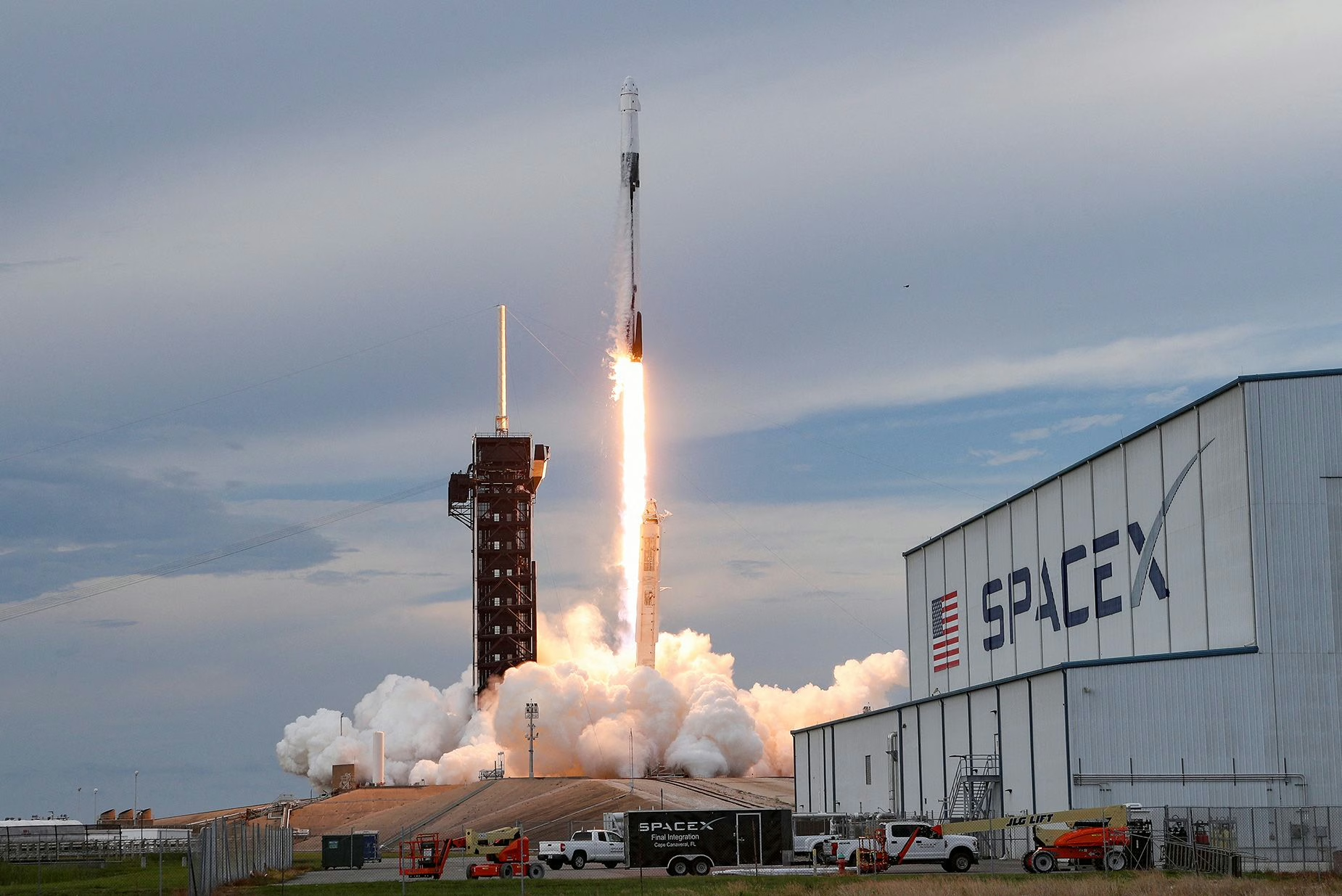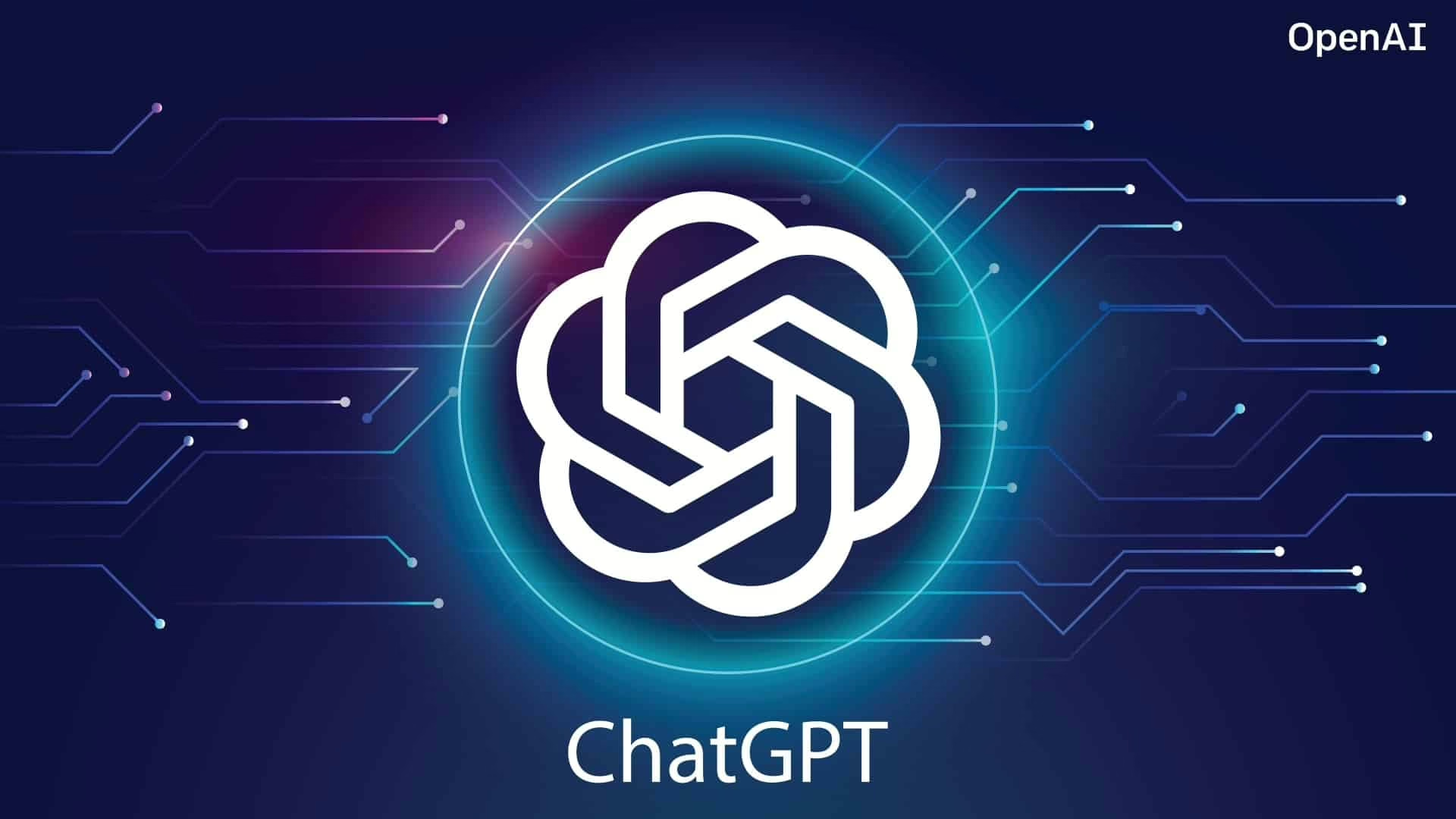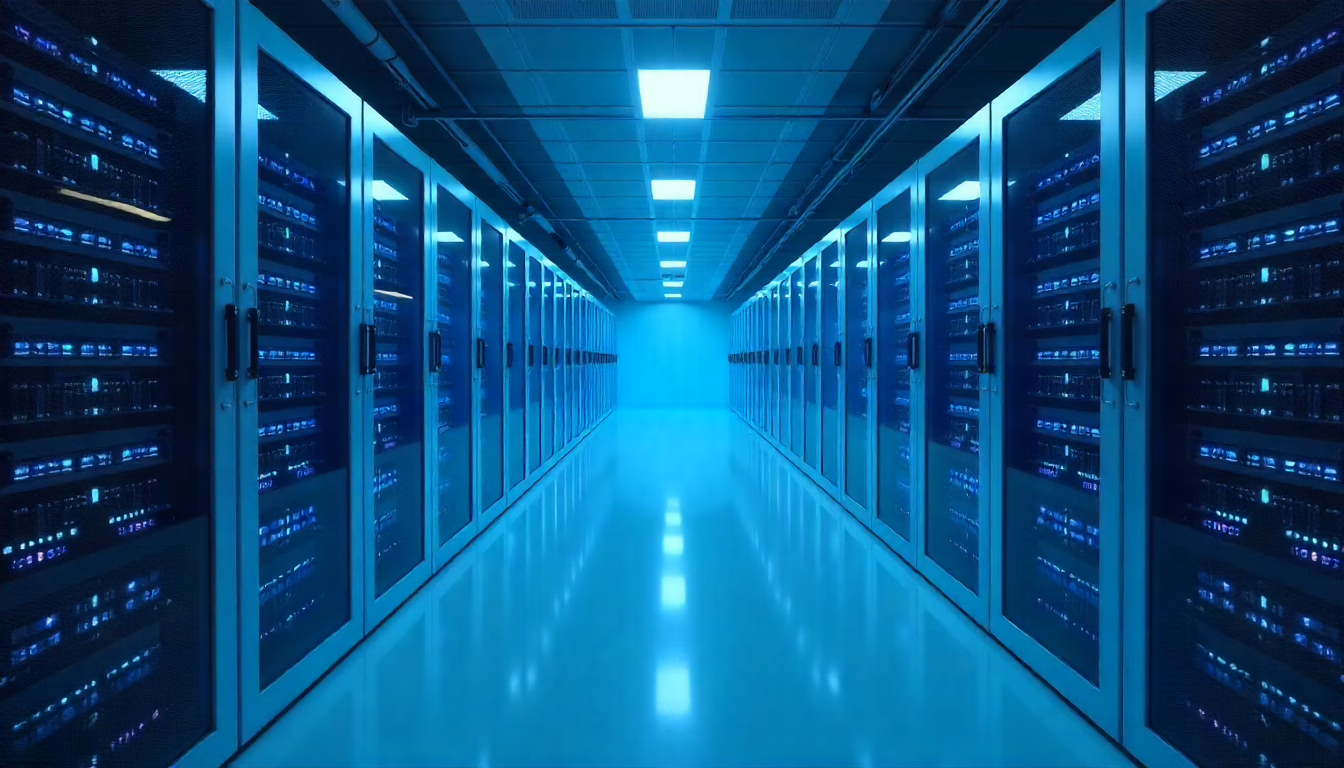
2025’s Top Research Topics and Expert Tips for Choosing Yours
The research world is buzzing with excitement, and honestly, it’s hard not to get caught up in the thrill. We’re standing at the edge of what feels like a scientific revolution, where yesterday’s impossible is becoming tomorrow’s breakthrough. For researchers, innovators, and anyone who’s ever wondered “what’s next?”, 2025 isn’t just another year on the calendar. It’s shaping up to be a pivotal moment that’ll redefine how we live, work, and understand our world.
So what’s got the research community so fired up? Let’s dive into the most promising areas that are attracting serious attention and funding right now.
AI That Actually Gets You: The Personal Revolution
Forget about those clunky chatbots that couldn’t understand context if their digital lives depended on it. We’re talking about AI systems that don’t just respond to your requests, they anticipate your needs before you even realize you have them. Think Netflix recommendations, but for literally everything in your life.
The real game-changer here is explainable AI. Picture this: your AI healthcare assistant doesn’t just recommend a treatment plan, it walks you through its reasoning in plain English. “Based on your symptoms, medical history, and latest research from Johns Hopkins, here’s why I’m suggesting this approach.” It’s like having a brilliant doctor who never gets tired of explaining things.
Federated learning is another hot area that’s got privacy advocates doing happy dances. Your phone’s AI gets smarter by learning from millions of other devices without anyone’s personal data ever leaving their device. It’s collaborative intelligence without the creepy surveillance factor.
Then there’s emotional AI, which sounds straight out of a sci-fi movie but is very much happening now. AI companies like Anthropic and OpenAI are racing to develop systems that can read emotional cues and respond appropriately. Imagine a virtual therapist that picks up on subtle changes in your voice or an educational AI that adjusts its teaching style when it senses you’re getting frustrated.
Quantum Computing Finally Gets Real
Here’s the thing about quantum computing: we’ve been hearing “it’s just around the corner” for what feels like forever. But 2025 might actually be the year quantum moves from lab curiosity to practical tool. Not for everything, mind you, but for specific problems where it absolutely crushes traditional computers.
Quantum machine learning is where things get really interesting. Drug discovery, which currently takes decades and billions of dollars, could be revolutionized. Instead of testing millions of compounds in labs, quantum algorithms could simulate molecular interactions at a level of detail that’s impossible with today’s computers.
The security implications are massive too. Every password, credit card transaction, and encrypted message today relies on mathematical problems that would take classical computers thousands of years to crack. Quantum computers? They might solve them over lunch. That’s why researchers are frantically developing post-quantum cryptography, essentially building digital locks that even quantum computers can’t pick.
Quantum sensing is the sleeper hit of the field. These systems can detect gravitational waves, measure magnetic fields with incredible precision, and might even lead to medical scanners that make today’s MRI machines look like toys.
Biology Becomes Engineering
Synthetic biology has moved way beyond the CRISPR gene-editing headlines you’ve probably seen. We’re now talking about programming cells like they’re tiny biological computers. Need a new medication? Why manufacture it in a factory when you can engineer bacteria to produce it for you?
The environmental applications are mind-blowing. Scientists are designing microorganisms that eat plastic waste, others that convert carbon dioxide into useful materials, and some that can literally pull uranium out of seawater. It’s like having a biological cleanup crew for the planet.
But here’s where it gets really wild: biocomputing. Researchers are exploring whether DNA could serve as a storage medium (it can hold vastly more data than any hard drive) and whether biological systems could perform calculations. Living materials that self-repair and grow according to programmed instructions aren’t science fiction anymore.

Digital Twins and the Industrial Metaverse
Digital twins sound fancy, but the concept is pretty straightforward: create a virtual copy of something real and keep it perfectly synchronized. Your car has sensors feeding data to its digital twin, which can predict when parts might fail. A city’s digital twin helps urban planners test new traffic patterns without causing real-world chaos.
What’s new is the integration with immersive technologies. Extended reality is transforming industries by allowing engineers to literally walk through a digital factory, manipulate virtual machinery with their hands, and collaborate with colleagues from around the world in shared virtual spaces.
The ethical questions are fascinating and complex. When your digital twin becomes sophisticated enough to predict your behavior, who owns that data? What happens when governments start creating digital twins of entire populations?
Saving the Planet Through Smart Tech
Climate change isn’t waiting for perfect solutions, so researchers are getting creative. We’re seeing breakthroughs in energy storage that could finally make renewable energy reliable 24/7. New battery chemistries, advanced hydrogen storage, and even mechanical systems that store energy by lifting massive weights.
Carbon capture technology is moving beyond expensive demonstration projects to potentially profitable businesses. Some companies are developing systems that pull CO2 from the air and turn it into concrete, jet fuel, or carbon fiber. It’s like alchemy, but with serious environmental benefits.
AI marketing automation principles are being applied to waste management, optimizing recycling routes, predicting consumption patterns, and designing products for complete circularity from day one.
Your Roadmap to Research Success
Choosing the right research area isn’t just about following trends. Finding a research topic that aligns with your interests and skills is crucial for long-term success.
First, embrace the messy middle between disciplines. The most exciting discoveries happen when a quantum physicist teams up with a marine biologist, or when an ethicist collaborates with an AI engineer. Don’t stay in your lane if the interesting stuff is happening in the intersection.
Data literacy isn’t optional anymore. Whether you’re studying ancient history or cutting-edge robotics, you’ll need to wrangle data, spot patterns, and communicate insights. Python, R, and visualization tools like Tableau aren’t just for computer scientists anymore.
Here’s something many researchers learn the hard way: start thinking about ethics from day one, not as an afterthought. The technological singularity and AI development raises questions that need ethicists and technologists working together from the beginning.
Stay curious and adaptable. Research paper topics that seemed cutting-edge five years ago might be obsolete today. The ability to pivot, learn new tools, and challenge your own assumptions isn’t just helpful, it’s essential.
Communication skills matter more than you think. Brilliant research that nobody understands has zero impact. Practice explaining your work to your grandmother, your neighbor, and a curious teenager. If you can make complex ideas accessible, you’ll find doors opening everywhere.
Finally, embrace open science. Share your methods, publish your data (when ethically appropriate), and collaborate openly. Top research topics for students often benefit from collaborative approaches that accelerate discovery.
The Time is Now
Look, 2025 isn’t going to wait for perfect preparation. The research landscape is shifting fast, with students and scientists racing to study emerging fields before they become oversaturated.
Whether you’re choosing your first research project or pivoting to a new field, remember that the most impactful work often comes from combining deep expertise with fresh perspectives. Research paper topics that seemed impossible a few years ago are now attracting serious funding and attention.
The future isn’t something that happens to us; it’s something we actively create through curiosity, collaboration, and the courage to ask big questions. The next breakthrough could come from your lab, your late-night coding session, or your willingness to see connections others miss.
Ready to dive in? The research frontier of 2025 is waiting, and trust me, it’s going to be one hell of a ride.
External Sources:








































































































































